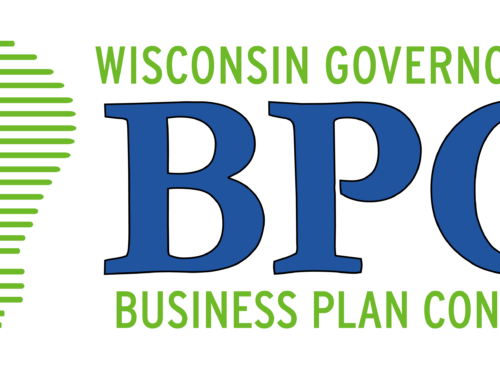Wisconsin Business Development Finance Corporation (WBD) was formed in 1981 to help small businesses access the funding they needed to grow and, in turn, create new jobs. We recently sat down with Dan Schneider, president and CEO of WBD, who gave us insight into the organization’s goals.
Q: How was WBD formed?
A: WBD was formed in 1981 as a nonprofit organization to work with business owners, financial institutions and other economic development organizations to help accelerate job creation and business development in the State of Wisconsin, along with several counties surrounding the Twin Cities in Minnesota. Since its inception, WBD has helped more than 2,000 small businesses create nearly 64,000 jobs. The current loan portfolio consists of more than 1,300 small businesses with a portfolio balance in excess of $640 million.
Q: What programs and services does WBD offer?
A: WBD serves small businesses primarily through U.S. Small Business Administration (SBA) loans, specifically the SBA 504 loan program. SBA 504 loans are used by active, for-profit small businesses for the acquisition of buildings and/or equipment, building expansions or new construction (no investment properties) and the portion of leveraged buyouts that include land building, equipment and related soft costs (appraisals, surveys, architects, engineering, etc.). WBD is also now able to refinance owner-occupied real estate debt that has a positive payment history and has been in place for at least two years.
WBD also has three wholly owned subsidiaries:
- WBD Advantage Fund, LLC (WBDAF): A Community Development Financial Institution with the U.S. Department of Treasury, WBDAF provides SBA Community Advantage loans to small businesses throughout Wisconsin’s low-income communities.
- Wisconsin Business Growth Fund, Inc. (WBGF): A for-profit corporation, WBGF serves the purpose of applying for and deploying New Markets Tax Credits and providing capital to WBD affiliates for small business lending.
- Wisconsin Business Development Service Company, LLC: Assists financial institutions with packaging SBA 7(a) loans, SBA training and loan servicing, and credit underwriting support for local revolving loan funds.
Q: How does WBD benefit the overall business climate of the state?
A: WBD has filled a void in the small business lending world by remaining active even as the business climate changes. For instance, during the Great Recession, banks tightened their credit underwriting standards, making it more difficult for small businesses to obtain loan capital. Loans that were being made also sought credit enhancements from sources like the SBA to help mitigate the bank’s risk. WBD’s loan activity remained relatively strong despite overall loan activity shrinking. Subsequent to the Great Recession, banks have had plenty of liquidity and have been aggressively seeking new loans. WBD’s activity has remained strong due to the number of businesses seeking long-term fixed rates or those that lack sufficient cash to meet a bank’s down payment requirements. In addition, many businesses do not meet the bank’s underwriting requirements such as being undercapitalized or under-secured.
Q: Why is Wisconsin an ideal location to start a business?
A: WBD is consistently one of the top 10 originators of SBA 504 loans in the country, which is a testament to the lending community in Wisconsin. We have lenders that are focused on the needs of the small businesses and seek financing structures that put businesses in the best position to succeed. There are also numerous organizations that mentor small businesses. Studies show that business owners who work with mentors stay in business longer, generate more revenue and hire more people. In Wisconsin, there are Service Corps of Retired Executives (SCORE) chapters in 20 locations, Small Business Development Centers at the University of Wisconsin campuses, and seven Women’s Business Center locations. In addition, like-minded organizations, such as WWBIC (profiled in a recent WEDC newsletter) and WBD, are collaborating more often to provide products and services to satisfy the needs of the small business rather than each organization trying to be “all things to all people.” What this means to a business seeking assistance is that it will be pointed in the direction of an individual or organization that can help with the specific challenges being faced.
Q: What is the best way for companies to learn more about WBD?
A: Visit our newly revamped website at www.wbd.org.









FOLLOW US